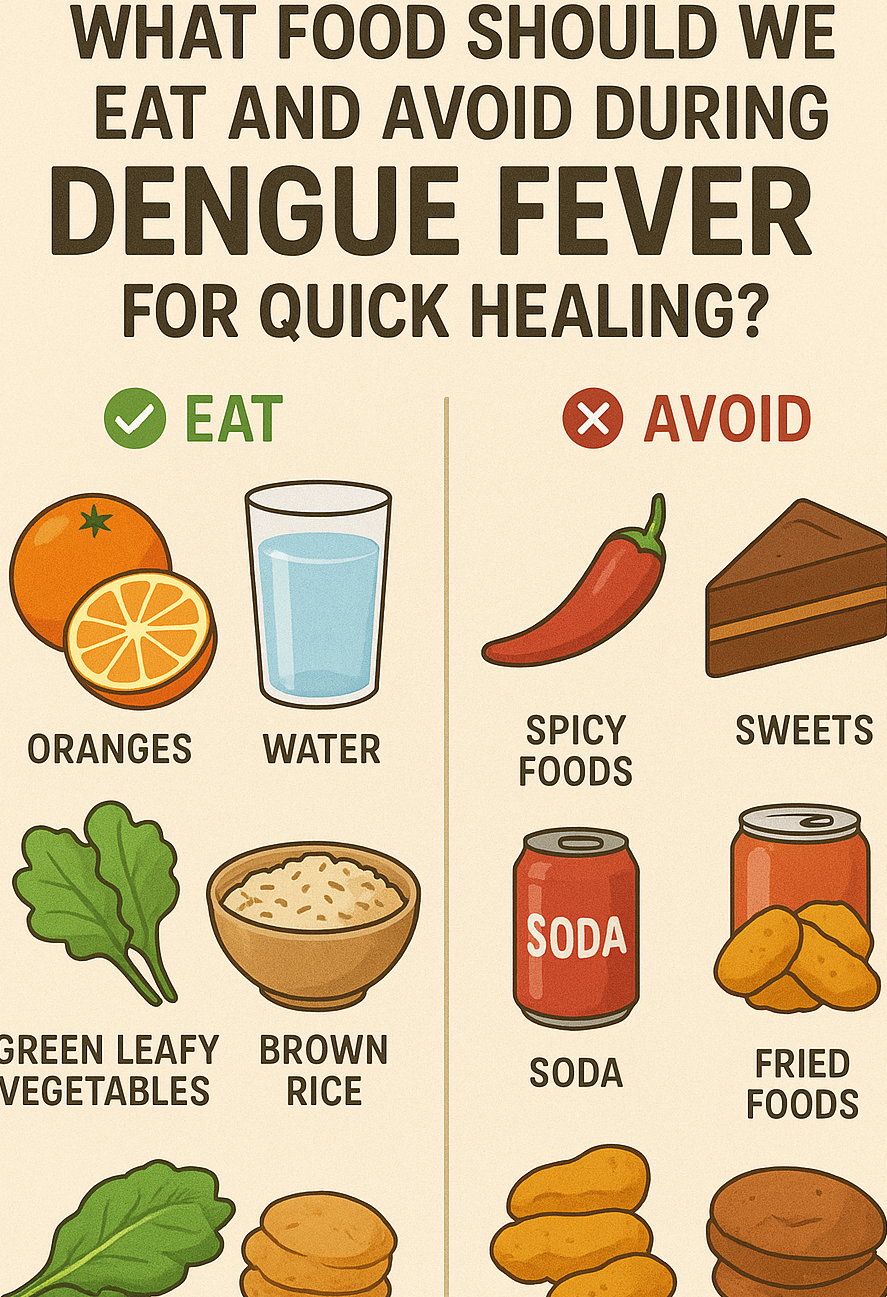
- By Faisal 23-Aug-2023
- 1047
Article on topic the inspirable link between lifestyle and optimal health.
The Inseparable Link Between Lifestyle and Optimal Health
Introduction:
In today's fast-paced world, health has emerged as an invaluable asset that transcends the boundaries of age, gender, and socioeconomic status. The quest for optimal health has become a universal pursuit, with individuals striving to lead fulfilling lives free from the burden of illness. While medical advancements have undoubtedly contributed to extending our lifespan, the key to unlocking the gates of vitality lies not solely in medical interventions, but in adopting a holistic approach that encompasses various dimensions of well-being. This article delves into the multifaceted nature of health, exploring how lifestyle choices, preventive measures, and societal factors intertwine to shape our physical, mental, and emotional well-being.
The Pillars of Health
1. Physical Well-being:
A healthy body serves as the foundation for an active and vibrant life. Physical well-being encompasses factors such as nutrition, exercise, sleep, and regular medical check-ups. A balanced diet rich in nutrients fuels our body, providing the energy required for optimal functioning. Regular exercise not only aids in weight management but also promotes cardiovascular health, strengthens bones, and boosts mental well-being through the release of endorphins. Additionally, prioritizing adequate sleep allows the body to repair and rejuvenate itself, contributing to enhanced cognitive function and emotional stability.
2. Mental and Emotional Health:
The importance of mental and emotional health has gained considerable recognition in recent years. Stress, anxiety, and depression have emerged as significant challenges, highlighting the need to address psychological well-being alongside physical health. Practices such as mindfulness, meditation, and seeking professional counseling have proven effective in managing and preventing mental health disorders. Building strong social connections and nurturing relationships also play a pivotal role in bolstering emotional resilience.
3. Social Well-being:
Humans are inherently social beings, and our interactions with others have a profound impact on our health. A robust social network provides emotional support, reduces feelings of isolation, and contributes to a sense of belonging. Loneliness, on the other hand, has been linked to a host of health issues, including cardiovascular problems and compromised immune function. Investing in meaningful relationships, participating in community activities, and fostering a sense of camaraderie can contribute to holistic well-being.

The Role of Lifestyle Choices:
Our lifestyle choices serve as the compass that guides us towards or away from optimal health. Embracing a balanced diet composed of whole foods, fruits, vegetables, lean proteins, and healthy fats lays the groundwork for a well-nourished body. Avoiding excessive consumption of processed foods, sugary beverages, and high levels of saturated fats is crucial in preventing chronic diseases such as diabetes, obesity, and heart disease.
Regular physical activity should be viewed not as a chore, but as a celebration of the body's capabilities. Engaging in activities that resonate with one's preferences – be it jogging, swimming, yoga, or dancing – can make exercise an enjoyable part of daily life. Moreover, staying hydrated, limiting alcohol intake, and refraining from smoking are additional lifestyle factors that significantly impact overall health.
Preventive Measures:
Prevention is undeniably better than cure, and preventive measures play a pivotal role in maintaining health. Regular medical check-ups, screenings, and vaccinations serve as proactive steps in identifying and addressing potential health concerns before they escalate. Women can benefit from mammograms and Pap smears, while cholesterol and blood pressure checks are essential for both genders. Vaccinations not only protect individuals but also contribute to community immunity, safeguarding vulnerable populations.
Societal Factors and Health:
The relationship between health and society is intricate, with societal factors often influencing individual well-being. Socioeconomic status, education, and access to healthcare services can significantly impact an individual's ability to make healthy choices. Disparities in health outcomes are often rooted in these societal determinants, emphasizing the need for equitable access to resources and opportunities. Government policies, healthcare infrastructure, and public health campaigns play a crucial role in narrowing these gaps and promoting health equity.










